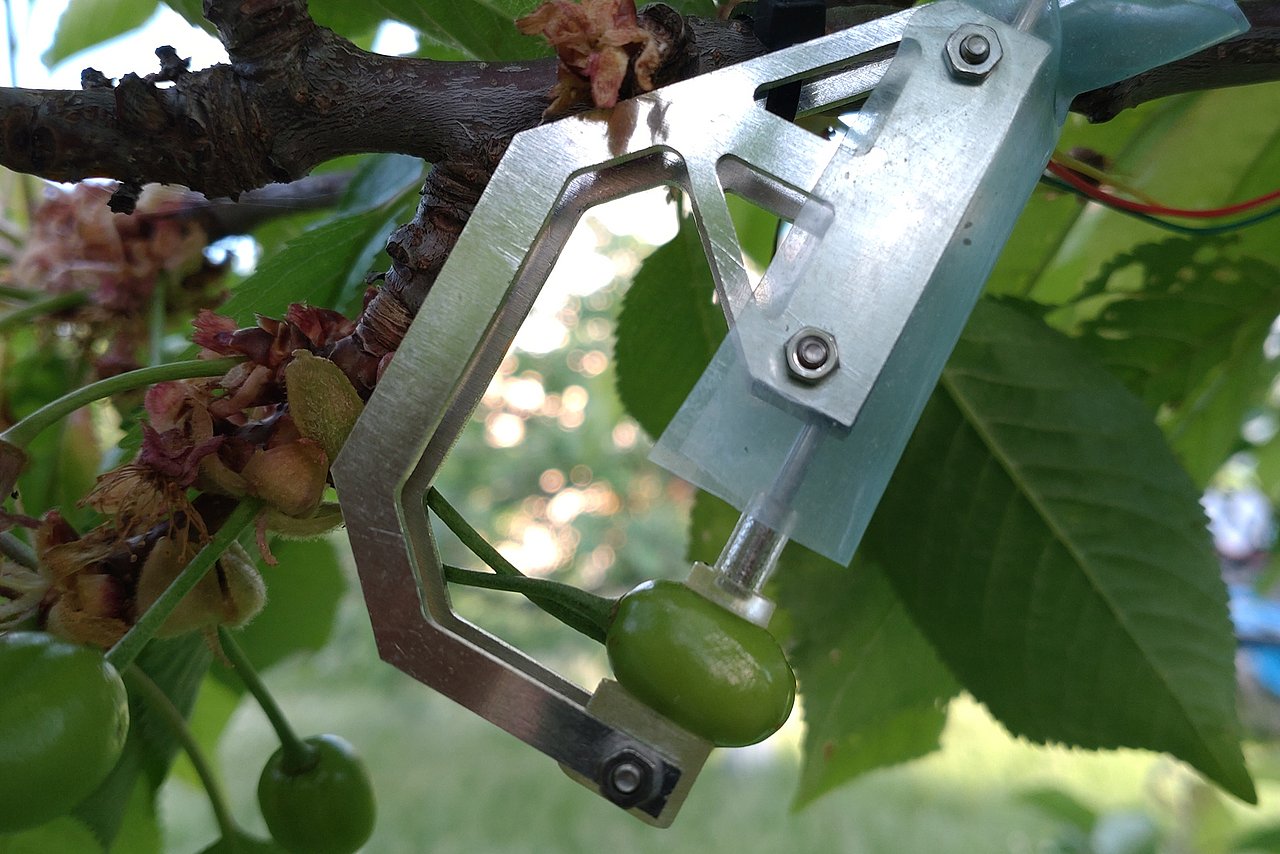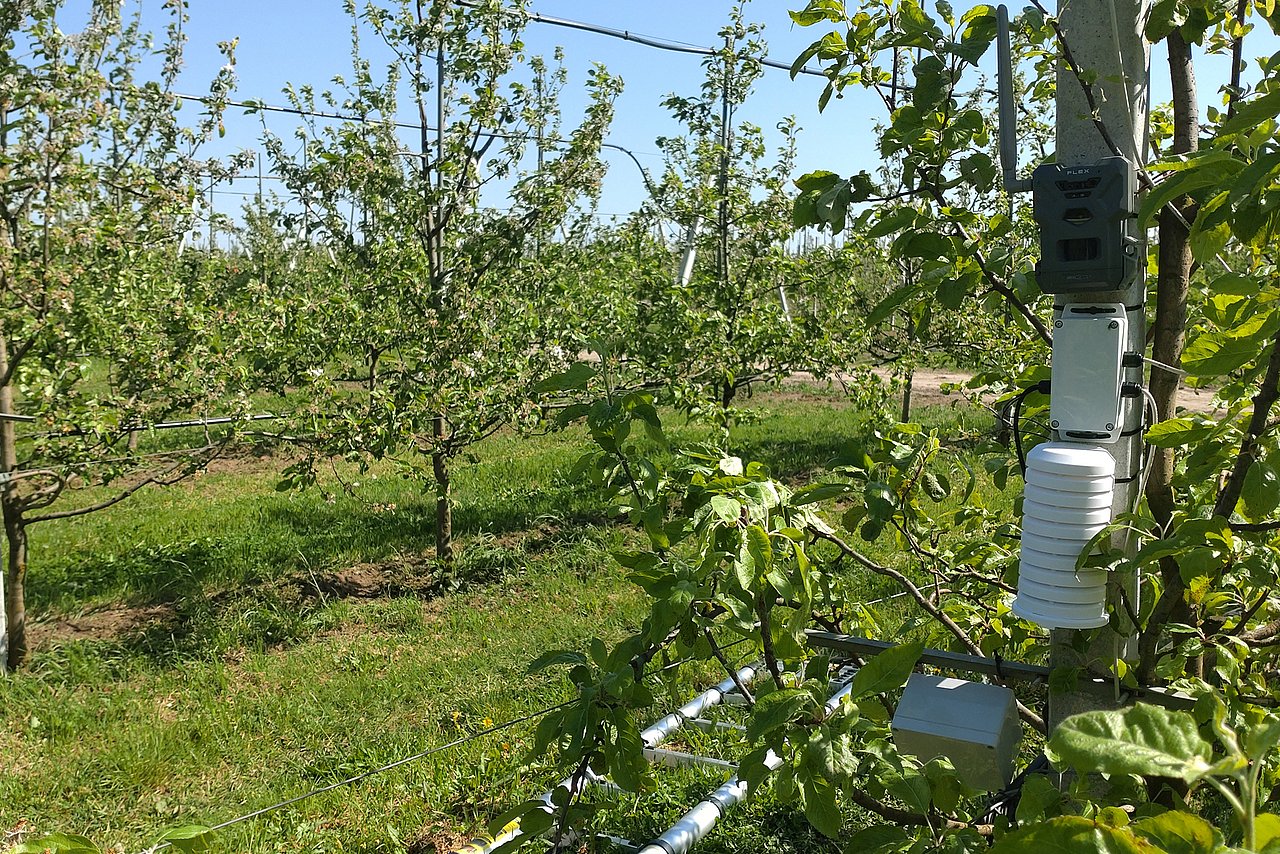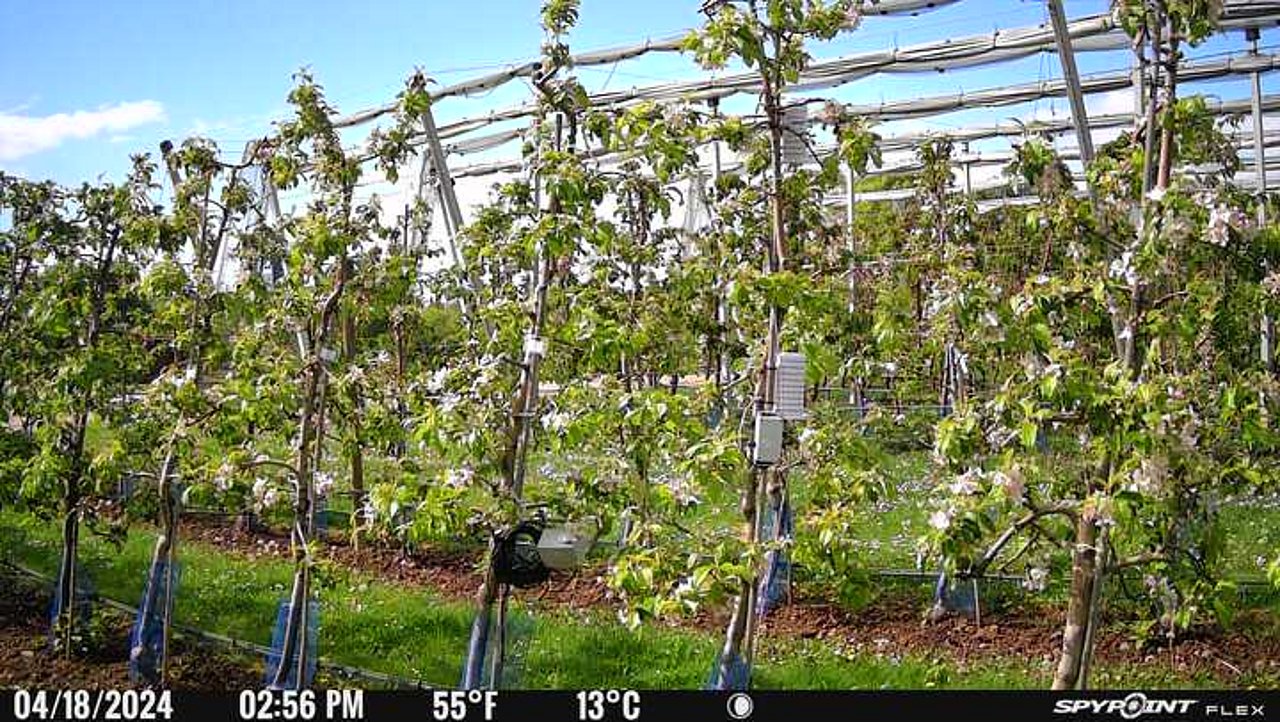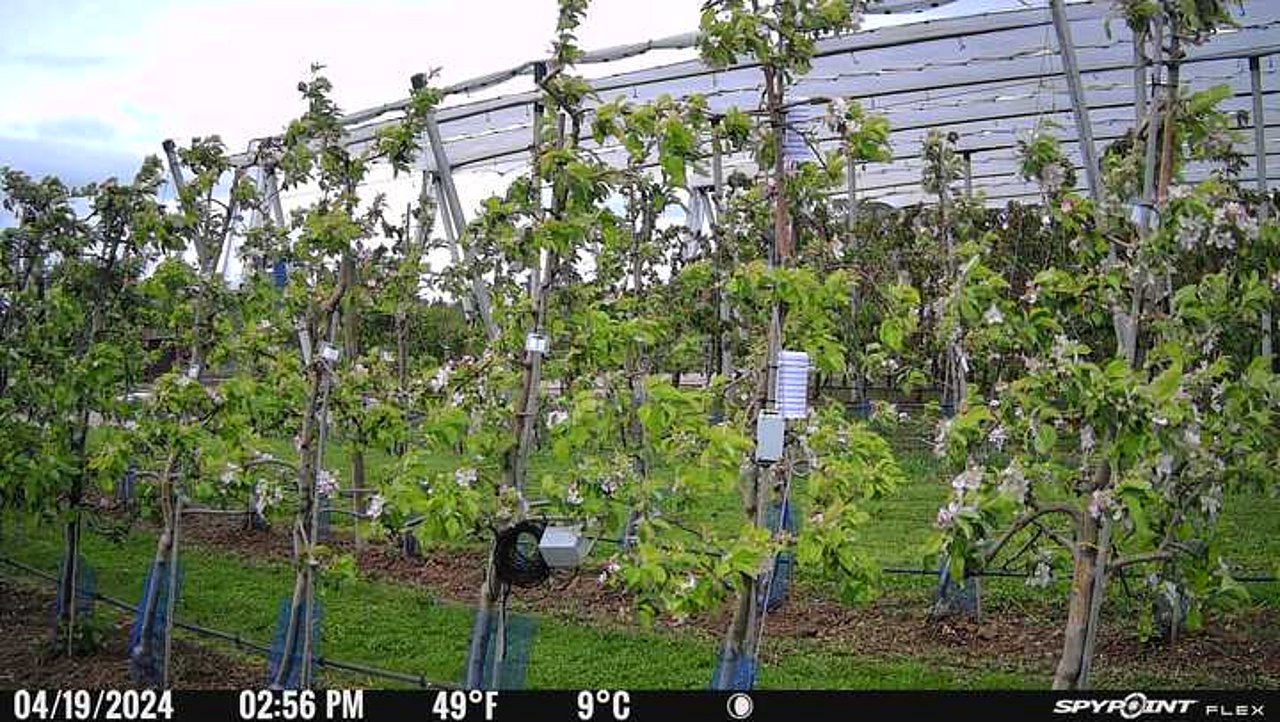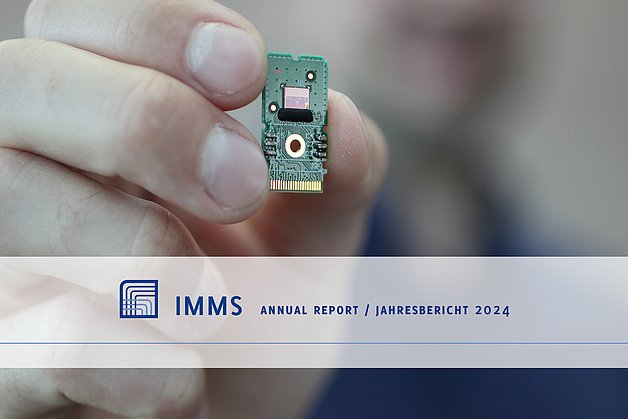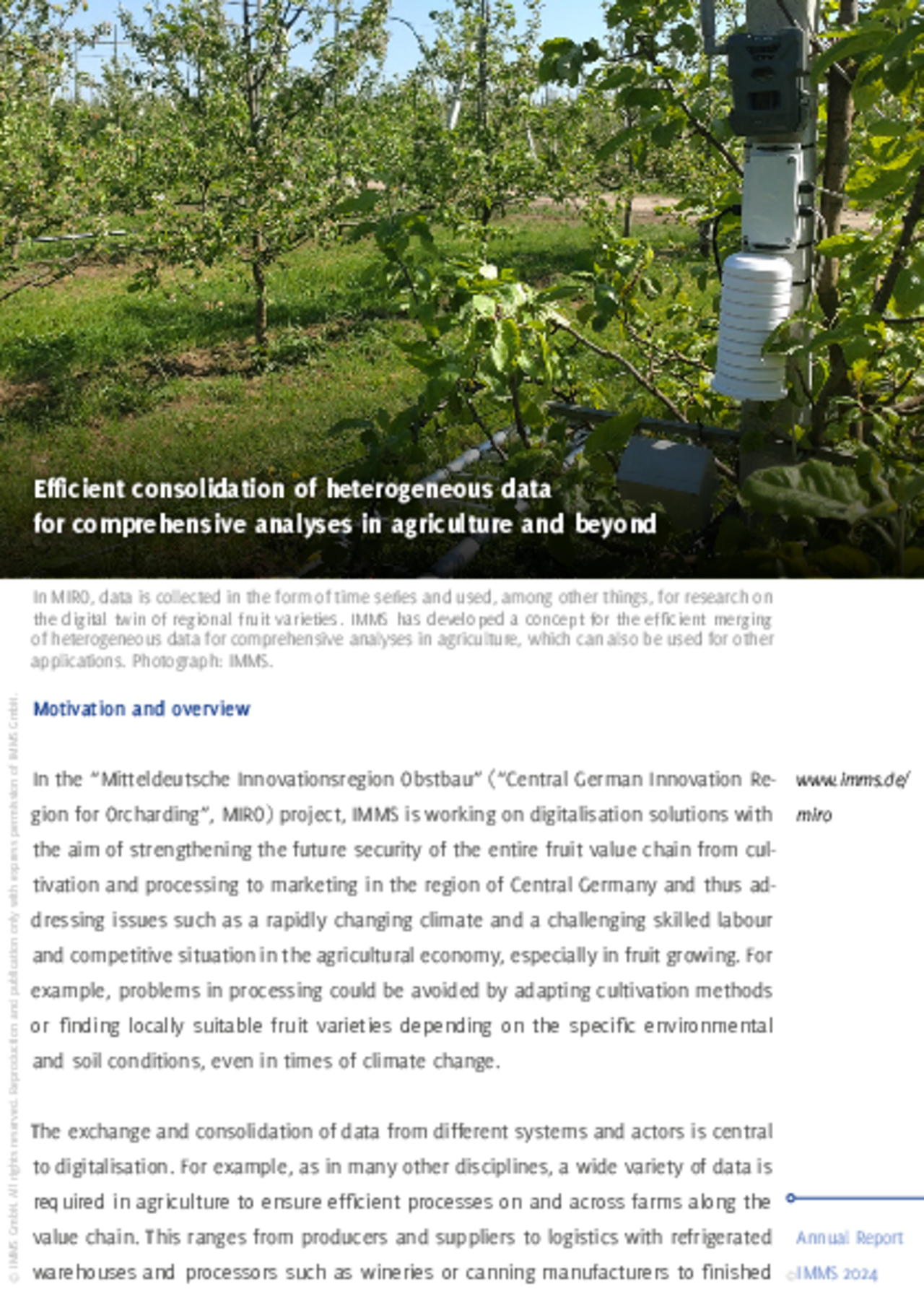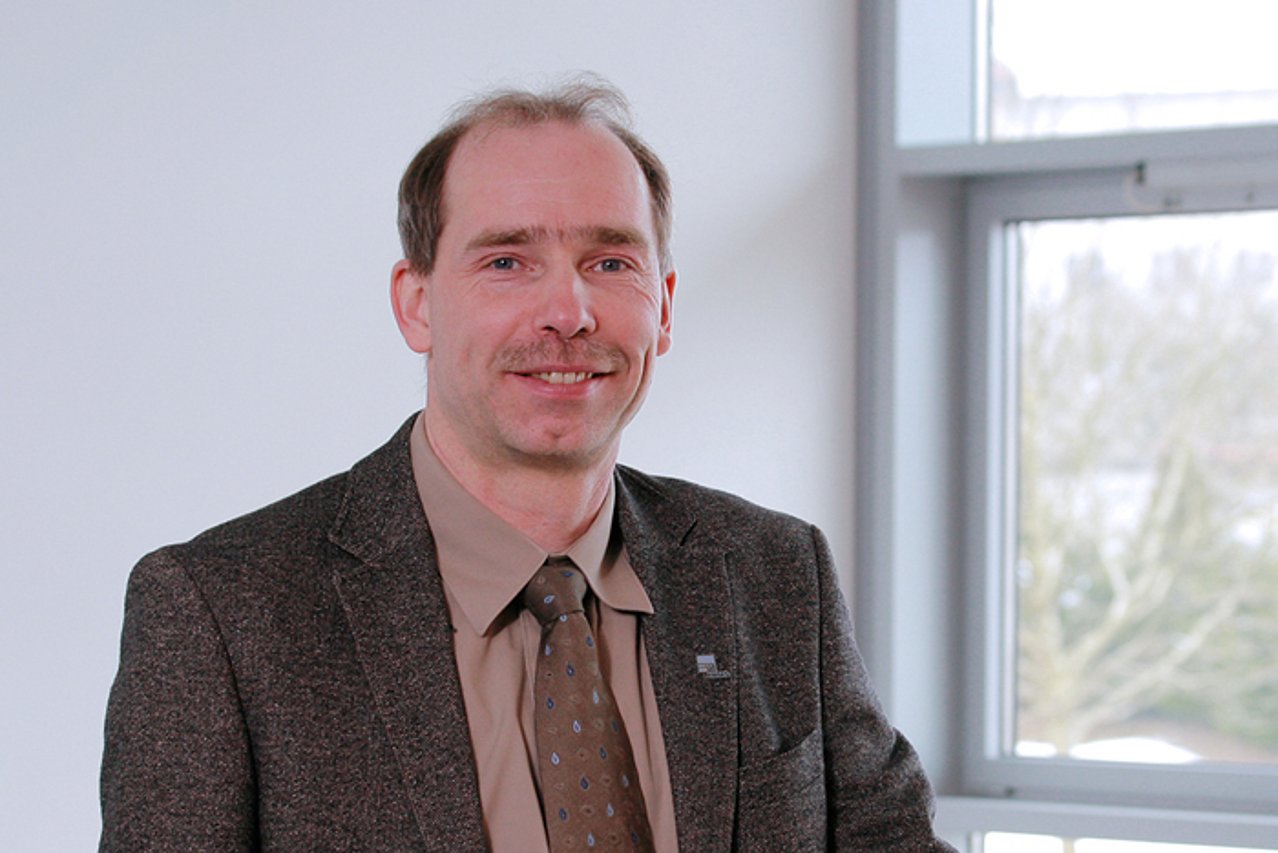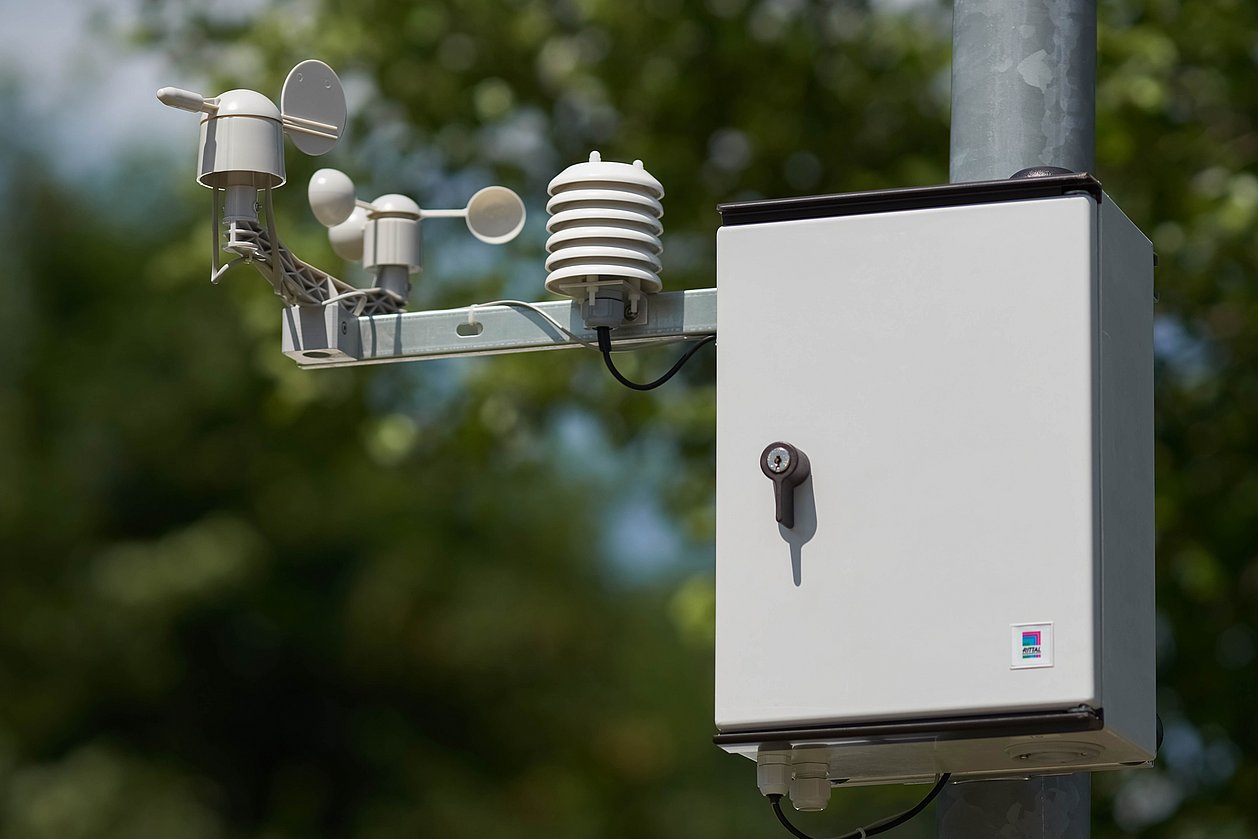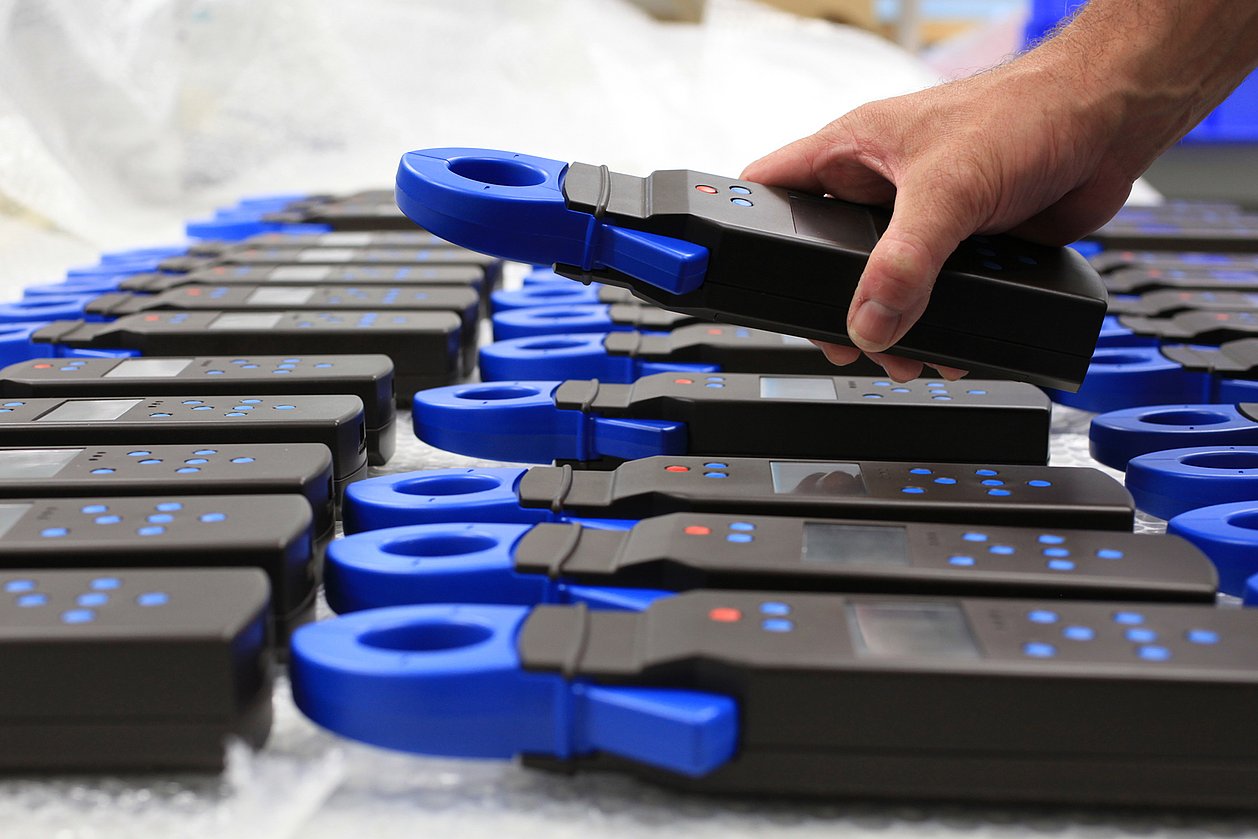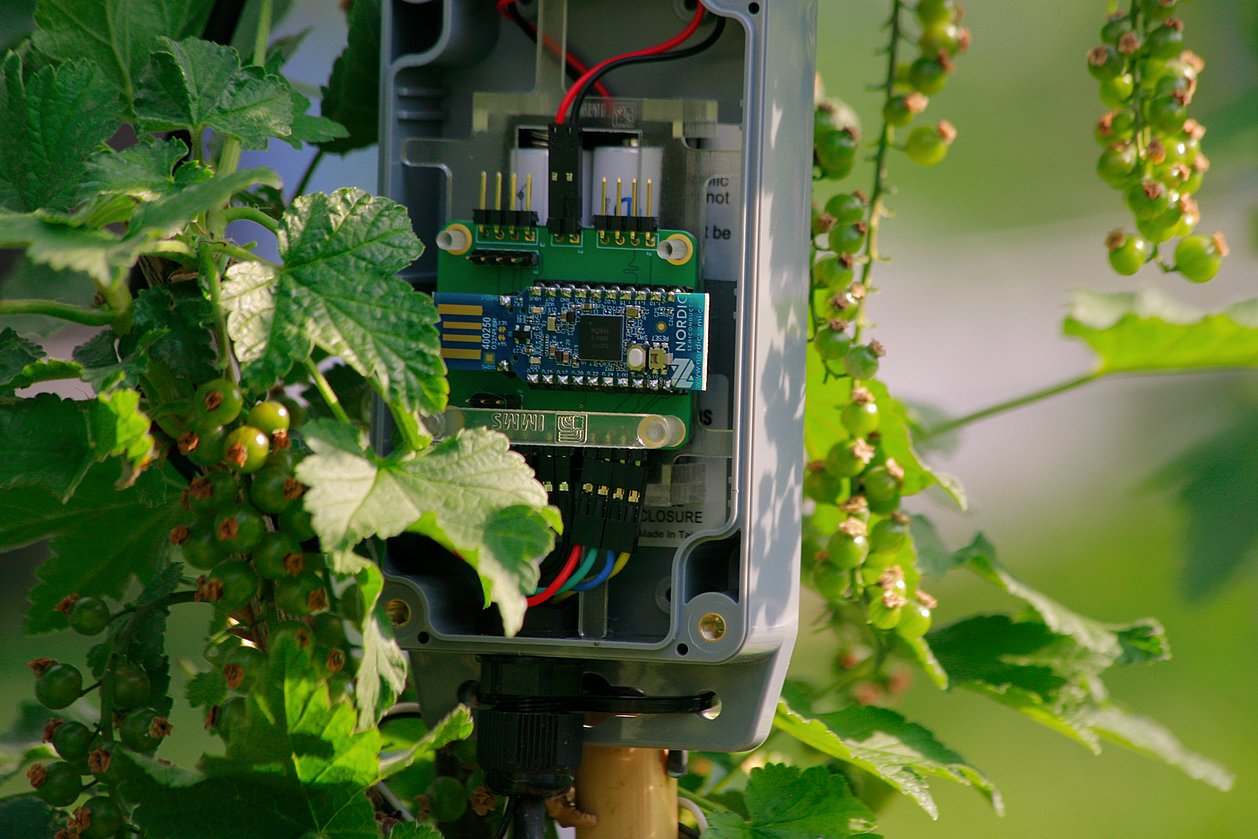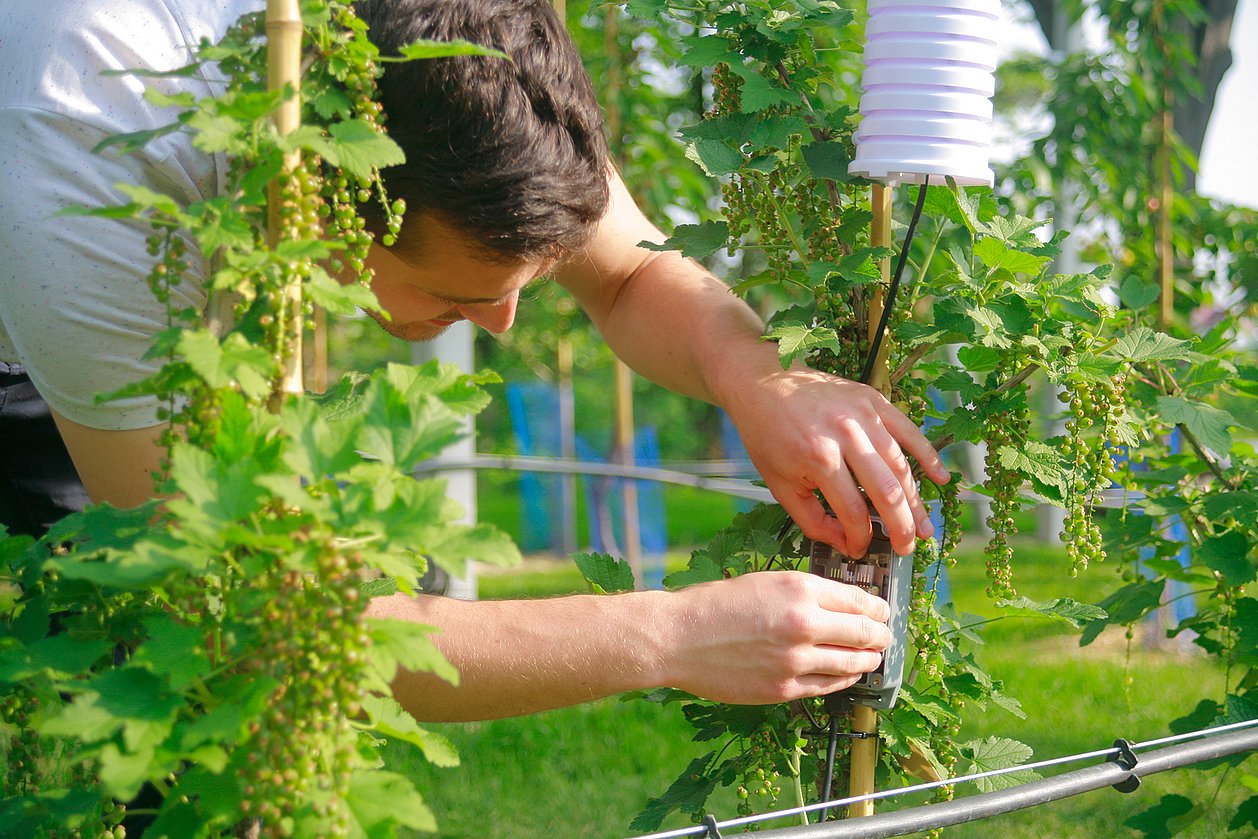Project MIRO
Future-proof regional fruit growing through systematic data collection (digital twin) and data exchange along the value chain
A rapidly changing climate and a challenging skilled labour and competitive situation are key conflicting objectives in agriculture, especially in fruit growing. The aim of the MIRO project is to strengthen the future viability of the entire fruit value chain from cultivation and processing to marketing in the Central German region and to develop design options for known challenges.
To this end, seven use cases from different partners will be analysed in detail. Preliminary work from the two Central German experimental fields EXPRESS and LANDNETZ will be taken up and linked at regional level with other players in the value chain.
IMMS is working on two use cases in MIRO. The first is aimed at data exchange between stakeholders in the region and the second at the targeted use of digitalisation to analyse feedback on variety characteristics at different locations along the value chain.
Data exchange use case
The exchange or consolidation of data from different systems or different players is central to digitalisation. For example, it is desirable to transfer data on processing difficulties that can be avoided by adapting cultivation methods. However, such a comprehensive data exchange at regional level currently only works to a limited extent, as there are many individual solutions whose data cannot be automatically made available to other systems.
IMMS will investigate which platforms are fundamentally suitable for fruit growing and which interfaces need to be created for this. In the consortium, we would also like to look at what an equivalent value for data provision could look like. The resulting concepts will be incorporated into a guideline for protagonists and implemented using examples to demonstrate the potential.
Digital twin use case
IMMS is working on a location-based digital representation of fruit varieties, as this combination has a significant influence on the yield and quality of the fruit, but can only be adapted in the long term due to the lifespan of the trees. Information about the fruit, climate, etc. is therefore important for future-proof planning. Such a platform does not yet exist.
We will systematically analyse a few selected fruit varieties, such as certain apple or cherry varieties. We will automatically record site conditions using sensors and scoring data and develop an app for this purpose. In addition, characteristics of the variety from breeding and testing as well as characteristics of the fruit and the products produced from it will also be recorded. This will create a comprehensive knowledge base on a variety across different locations. This makes it possible to analyse future scenarios and thus react to changing climate conditions through adapted variety selection and breeding, which should be carried out together with the relevant players.
Acronym / Name:
MIRO / Mitteldeutsche Innovationsregion Obstbau (Central German innovation region for fruit growing)Duration:2023 – 2027
Project website:https://obstbau-digital.de
Application:
|Agriculture| farming| fruit growingResearch field:Smart distributed measurement and test systems
Related content
Demonstration einer automatisierten Bewässerungssteuerung für den Obstbau
Falk Eisenreich1.Brandenburger Kernobsttag Müncheberg, Lehr- und Versuchsanstalt für Gartenbau und Arboristik e.V. (LVGA), 13. September 2025, Peter-Lenné-Weg 1, 14979 Großbeeren, Brandenburg, Germany
1IMMS Institut für Mikroelektronik- und Mechatronik-Systeme gemeinnützige GmbH, Ehrenbergstraße 27, 98693 Ilmenau, Germany.Demonstration einer automatisierten Bewässerungssteuerung für den Obstbau
Falk Eisenreich1.2. Thüringer Haselnusstag, 20. August 2025, Thüringer Landesamt für Landwirtschaft und Ländlichen Raum, Lehr- und Versuchszentrum für Gartenbau (LVG), Erfurt, Germany
1IMMS Institut für Mikroelektronik- und Mechatronik-Systeme gemeinnützige GmbH, Ehrenbergstraße 27, 98693 Ilmenau, Germany.Klimatische Änderungen am Standort Erfurt und deren Auswirkungen auf die Bewässerung von Obstbäumen
Silvia Krug1.2. Thüringer Haselnusstag, 20. August 2025, Thüringer Landesamt für Landwirtschaft und Ländlichen Raum, Lehr- und Versuchszentrum für Gartenbau (LVG), Erfurt, Germany
1IMMS Institut für Mikroelektronik- und Mechatronik-Systeme gemeinnützige GmbH, Ehrenbergstraße 27, 98693 Ilmenau, Germany.Energy-efficient Sensor Systems for Environmental Monitoring
Marco Götze1.AI4PlantPhysio-Workshop, 16. Juli 2025, Universität Konstanz, Germany
1IMMS Institut für Mikroelektronik- und Mechatronik-Systeme gemeinnützige GmbH, Ehrenbergstraße 27, 98693 Ilmenau, Germany.

Event,
2nd Thuringian Hazelnut Day
An event organised by the Ministry of Agriculture and Rural Affairs of the German Land of Thüringen

Event,
AI4PlantPhysio Workshop
Workshop in the AI4PlantPhysio project on plants and sensor technology at the University of Konstanz
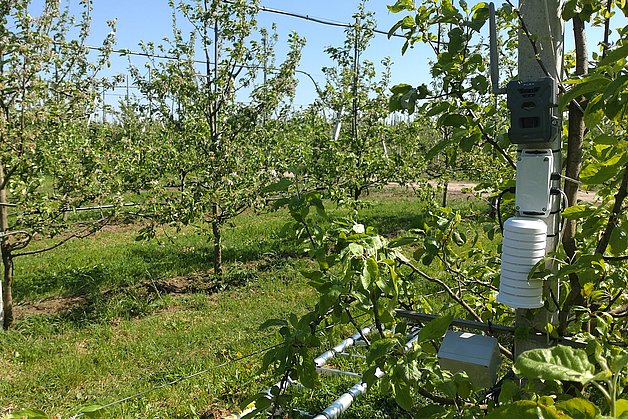
Event,
Bernburger Innovationstage
Wissenstransfer und Innovationen für die Landwirtschaft von morgen

Event,
2. Mitteldeutscher Digitaltag
Netzwerktreffen für alle Wertschöpfungspartner des Obstbaus in der Region
Contact
Contact
Dr.-Ing. Tino Hutschenreuther
Head of System Design
tino.hutschenreuther(at)imms.de+49 (0) 3677 874 93 40
Dr. Tino Hutschenreuther will answer your questions on our research in Smart distributed measurement and test systems and the related core topics Analysis of distributed IoT systems, Embedded AI and Real-time data processing and communications, on the lead applications Adaptive edge AI systems for industrial application and IoT systems for cooperative environmental monitoring as well as on the range of services for the development of embedded systems.
Funding
The MIRO project is supported by funds of the Federal Ministry of Agriculture, Food and Regional Identity (BMLEH) based on a decision of the Parliament of the Federal Republic of Germany. The Federal Office for Agriculture and Food (BLE) provides coordinating support for future farms and future regions as funding organisation, grant number 2822ZR0005.


